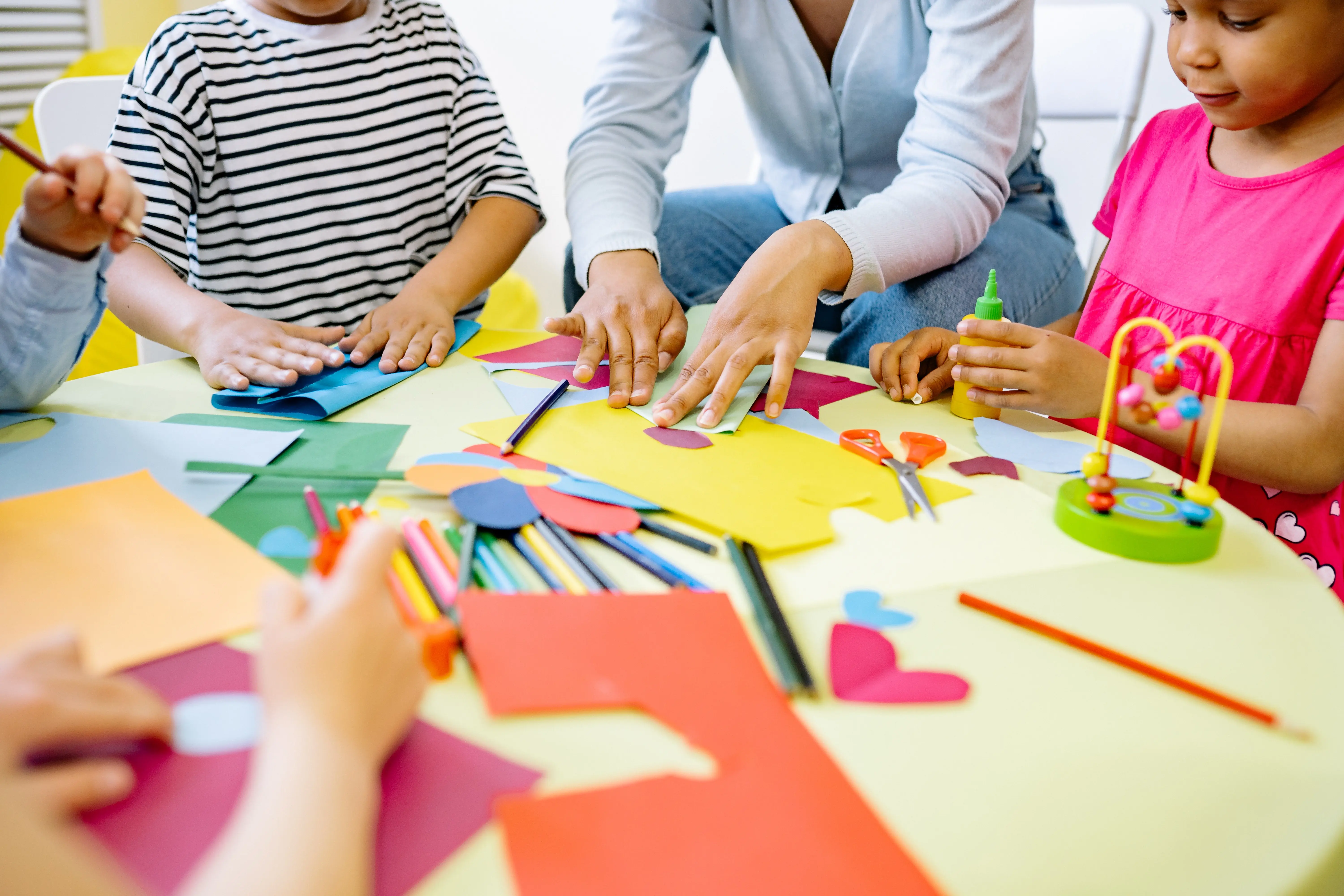
As the school year ends, it’s time to celebrate our young artists’ talent and imagination! Art projects at the end of the school year are a great way for elementary school students to express themselves, think about what they’ve learned, and have fun before summer break. We’ve put together ten ideas for fun and creative art projects that teachers and parents can use to help young artists have a fun and satisfying time making art.
Collage of Memories:
By making a memory picture, students can think back on their favorite parts of the school year. Give them a range of things to use, like magazine cutouts, stickers, photos, and colored paper. Encourage them to put the pieces together and glue them together to make a collage of their favorite memories.
Dream Catchers
By making dream catchers, you can encourage kids to think about their dreams and goals. Let them create paper plates or embroidery hoops with feathers, beads, and ribbons. As they make things, they talk about their hopes and dreams, which helps both their imagination and their ability to think.
Self-Portraits of Superheroes:
Tell kids to think of themselves as superheroes! Give them a spin on self-portraits by asking them to add superhero capes, masks, and symbols. They can write about who they would be if they were a superhero and what traits they would have.
The booklet “My Summer Adventure”
Help kids make a unique book called “My Summer Adventure” where they can draw and write about what they want to do this summer, where they want to go, and what fun things they are looking forward to. This project is a great way for kids to remember what they want to do over the summer.
Painting a mural together:
Have the whole class work together on a big mural to encourage teamwork and cooperation. Divide the mural into sections and give each student an area to design and paint. When it’s done, hang the painting in a visible place to show off what they’ve all done.
3D Sculptures Out of Paper:
Paper sculptures are a great way to introduce kids to the world of three-dimensional art. Give them different colors of construction paper and guidelines on how to fold and cut it to make flowers, animals, or abstract shapes in 3D.
Book Pictures
Let students’ inner artists come out by asking them to draw pictures for their favorite stories or fairytales. Give them art materials and tell them to draw the characters and scenes so that they come to life.
Recycling Art Projects:
Using found items to make art is a great way to teach kids about sustainability and how important it is to recycle. Ask them to use recycled paper, cardboard, and other household things to make sculptures, masks, or collages.
Chalk Art:
Chalk art is a great way to bring art outside. Give the kids a big piece of pavement or the playground, and let them make colorful chalk art. They can work on their own murals or work together to make a big painting.
Portfolio: “Me as an Artist”
Create a “Me as an Artist” portfolio to help students think about how they have grown as artists during the school year. It can be a collection of their best pieces of art, photos of how they make art, and written thoughts about how they’ve grown as artists.
Conclusion:
These end-of-year art projects for elementary school kids are a great way for them to be creative, express themselves, and have fun. Before going on their summer trips, kids can celebrate their accomplishments, grow their love of art, and make memories with these fun activities. So, let’s use these fun art projects to encourage our young artists to use their ideas and find their own voices.

